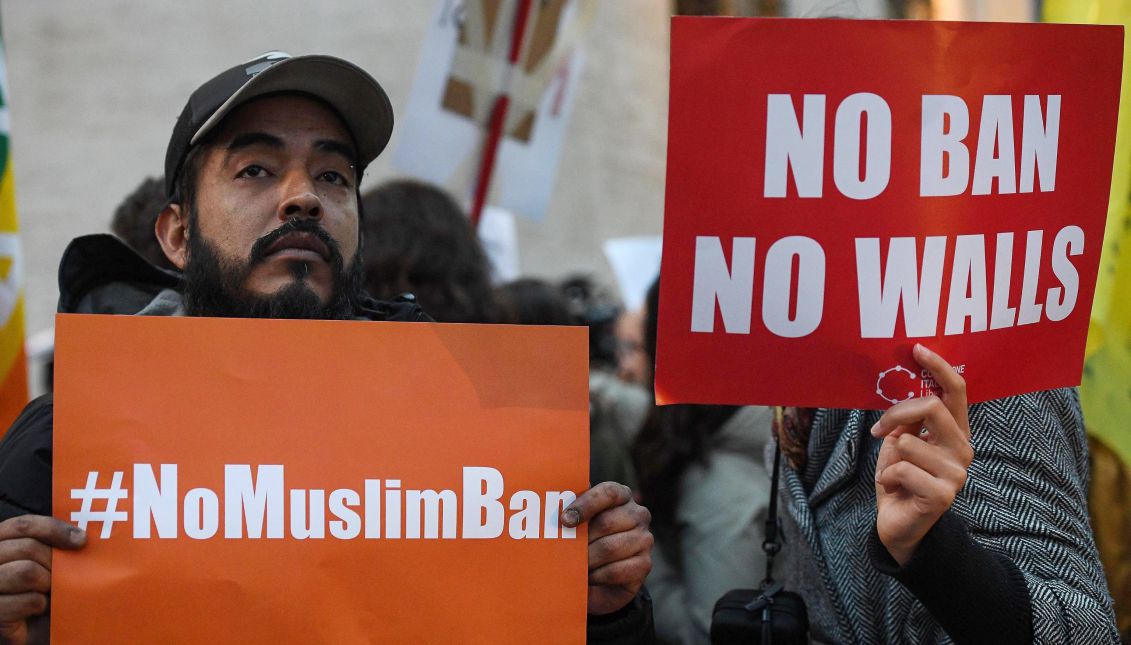
Déjà Vu: Trump asks US Supreme Court to review travel ban
President Donald Trump"s administration will ask the Supreme Court to review an appellate decision upholding a stay blocking enforcement of an executive order…
President Donald Trump's administration will ask the Supreme Court to review an appellate decision upholding a stay blocking enforcement of an executive order barring visas to residents of six Muslim-majority countries, the US attorney general said Thursday.
"This Department of Justice will continue to vigorously defend the power and duty of the executive branch to protect the people of this country from danger, and will seek review of this case in the United States Supreme Court," Jeff Sessions said in a statement.
The attorney general made the announcement hours after the US 4th Circuit Court of Appeals, based in Richmond, Virginia, voted 10-3 to sustain a March 16 decision by a federal district judge in Maryland that stayed enforcement of the executive order.
"Congress granted the president broad power to deny entry to aliens, but that power is not absolute. It cannot go unchecked when, as here, the president wields it through an executive edict that stands to cause irreparable harm to individuals across this nation," 4th Circuit Chief Judge Roger L. Gregory wrote for the majority.
Sessions, however, insisted that Trump's order was lawful.
"President Trump's executive order is well within his lawful authority to keep the nation safe," the attorney general said.
Trump's March 6 order sought to ban people from Iran, Libya, Somalia, Sudan, Syria, and Yemen from entering the US for 90 days and to bar all refugees for 120 days.
RELATED CONTENT
The administration formulated that measure after courts blocked Trump's original ban, imposed Jan. 27.
Though Trump cited national security concerns as the reason for the travel restrictions, the district judge who issued the stay against the second executive order found that the directive offered no solid evidence of a terrorist threat and was unconstitutional because it discriminated against people on the basis of religion.
In Thursday's decision, the appellate court explicitly referred to Trump's advocacy of a Muslim ban during the 2016 presidential campaign.
"The evidence in the record, viewed from the standpoint of the reasonable observer, creates a compelling case that (the executive order's) primary purpose is religious," the 4th Circuit said.
"Then-candidate Trump's campaign statements reveal that on numerous occasions, he expressed anti-Muslim sentiment, as well as his intent, if elected, to ban Muslims from the United States."
Another district court, this one in Hawaii, likewise issued a stay in March blocking implementation of the travel ban and the 9th Circuit Court of Appeals is expected to rule soon on the Trump administration's challenge to that injunction.









LEAVE A COMMENT: